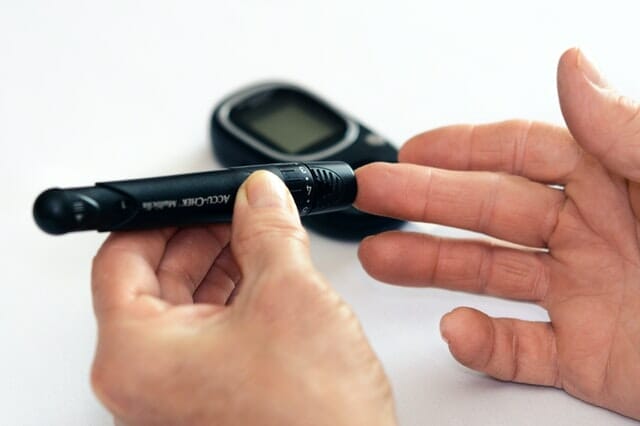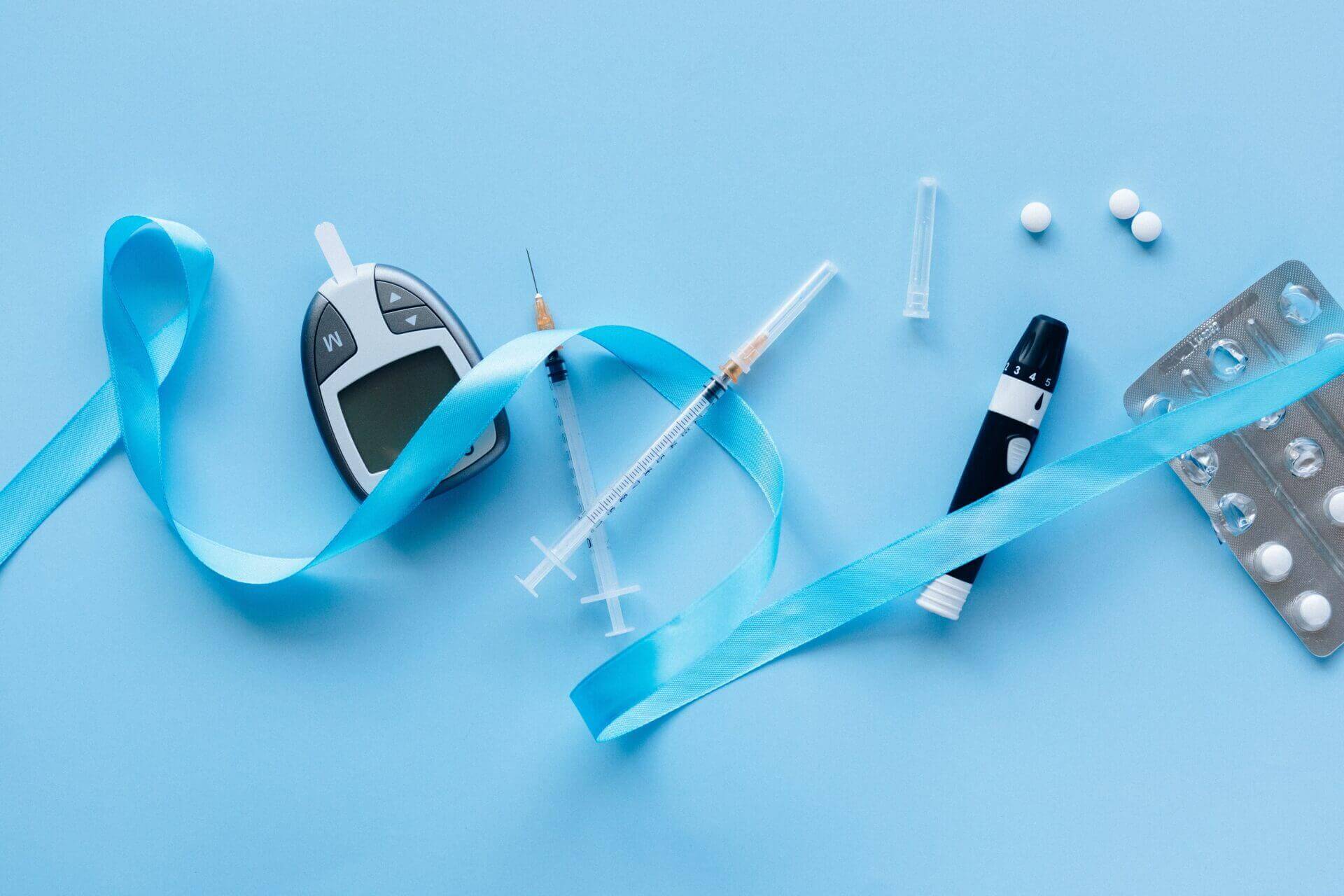Diabetic retinopathy
One of the most common ways that diabetes can affect your eyesight is through a condition called diabetic retinopathy. This occurs when high blood sugar levels damage the blood vessels in the retina, the light-sensitive layer at the back of the eye. The damaged blood vessels may leak fluid or blood, leading to vision loss. Diabetic retinopathy is the leading cause of vision loss and blindness among people with diabetes.
Symptoms of diabetic retinopathy may not appear until the condition is advanced, so it's important for people with diabetes to have regular eye exams. During an eye exam, our optometrist will dilate your pupils and examine the inside of your eye to look for signs of diabetic retinopathy. Our optometrist will also use advanced technology to take high definition images of the eye which will enable earlier detection of diabetic retinopathy. If caught early, diabetic retinopathy can often be treated and managed to help prevent further vision loss.
Cataracts and Diabetes
Cataracts are another eye condition that can affect people with diabetes. Cataracts are cloudy areas that form in the lens of the eye, leading to vision loss. People with diabetes are more likely to develop cataracts at a younger age and at a faster rate than those without the disease.
The treatment for cataracts is a surgery that removes the cloudy lens and replaces it with an artificial lens. Symptoms of cataracts include blurred vision, sensitivity to light, and difficulty seeing at night. People with diabetes should be aware of their increased risk of developing cataracts and have regular eye exams to catch and treat the condition early.
Glaucoma and Diabetes
Glaucoma is a condition that damages the optic nerve, leading to vision loss. People with diabetes are at an increased risk of developing glaucoma. If left untreated, glaucoma can lead to permanent vision loss.
Symptoms of glaucoma include eye pain, blurred vision, and halos around lights. Our optometrist can detect glaucoma during an eye exam by measuring eye pressure and examining the optic nerve. Treatment for glaucoma may include eye drops, oral medication, laser surgery, or a combination of these treatments. People with diabetes should be aware of their risk of developing glaucoma and have regular eye exams to detect and treat the condition early.
Dry Eye and Diabetes
Dry eye syndrome is a condition in which the eyes don't produce enough tears or retain those tears to keep the surface of the eye moist. People with diabetes are more likely to develop dry eye syndrome. Symptoms of dry eye syndrome include eye irritation, redness, dryness in the eye, a gritty feeling like sand in the eye, and vision problems.
Treatment for dry eye syndrome may include artificial tears, prescription eye drops, clearing of clogged oil glands, specialty contact lenses, or blocking tear ducts to conserve tears. To prevent dry eye syndrome, people with diabetes should maintain good blood sugar control, use a humidifier in dry environments, and avoid smoking. Regular eye exams can also help detect and treat dry eye syndrome early.
Take our dry eye assessment to see if your symptoms indicate that you are suffering from treatable dry eye disease.










